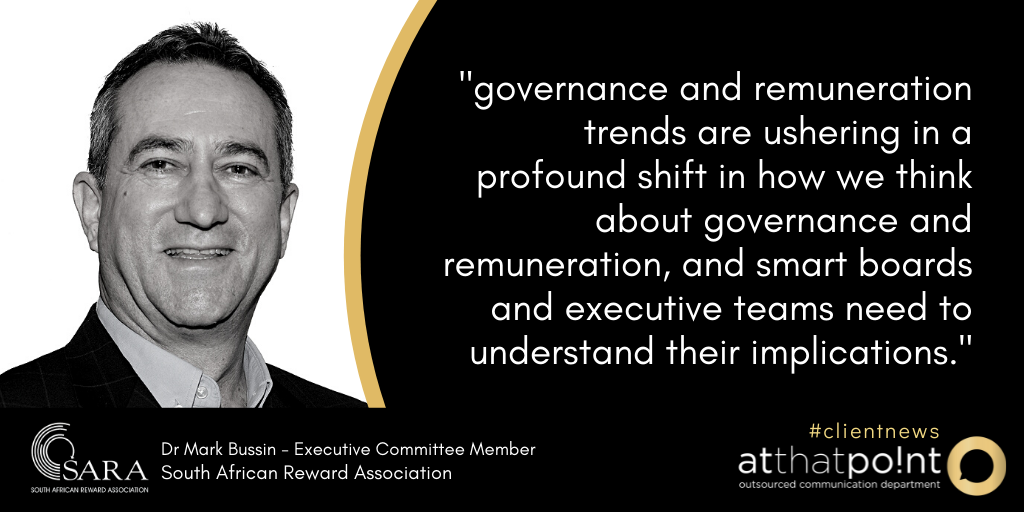|
Research from Grant Thornton and PwC shows that women represent only 20% - 29% of senior management in South Africa, even though they are half the population.
Lindiwe Sebesho, Executive Committee Member of the South African Reward Association (SARA) and Master Reward Specialist, says societal perceptions continue to hold women back from taking up more seats at the boardroom table. “These beliefs may be subconscious, but many people are still of the opinion that men are natural leaders and some even believe that women aren’t biologically wired to be as good at men at certain subjects. All of these perceptions have been proven wrong,” says Sebesho. Mandatory quotas to increase female board participation A recent study published in the peer-reviewed journal “Science of Learning” showed that girls do just as well as boys in elementary- and middle school math tests. College-educated women now make up the workplace majority at 50.2%, but across the globe, countries have had to adopt mandatory quotas to increase the representation and participation of women on boards. “In many countries, companies are required to report on the pay disparities between men and women. While South Africa doesn’t yet have mandatory disclosure policies, the government sector has progressed faster than the private sector with efforts towards improved gender diversity at senior management level,” says Sebesho. She says companies who aren’t focused on transforming will lag in terms of both innovation and profit. “A 2018 McKinsey report showed that Diversity and inclusion are concepts that correlate to a company’s value and profitability, with growth in sales and earnings at diverse firms outperforming less diverse firms. There’s a reason why the diversity training industry is a USD$8-billlion-per-year market – as having diverse teams pays off.” The self-promotion gap Requests for self-assessments are pervasive throughout one’s career from school and job applications to performance reviews, but women fare poorly at this when compared to men. A study found a large gender gap in self-promotion – with men rating their performance 33% higher than equally performing women. “As women, we are conditioned to not draw too much attention to ourselves by downplaying our contribution and achievements. We wrongly assume that our efforts at work will always be recognised and rewarded in a fair and equitable manner and that our hard work is enough. These assumptions contribute to why we’re often overlooked for leadership positions,” says Sebesho. She illustrates this point by highlighting that men are generally good at seeking out feedback on their work. They do this even in informal settings i.e. they don’t wait for the formal review process. They are also good at forming professional connections that enable them to gain confidence in the workplace. She makes an example of her own experience where as the formal head of a function, she has worked hard and has often downplayed the effort and contribution she knows she has made. She has, however, observed how her male counterparts, some of whom she has led through key projects, have made sure that their efforts and contributions are known by the right people and in some cases even going as far as claiming recognition for the work done by others. She concludes by advising women to be more assertive at the office, provide more favorable assessments of their contribution, performance results and potential future ability, and to master the art of networking. Women need to stop shying away from seeking feedback and talking about their achievements. ENDS MEDIA CONTACT: Rosa-Mari Le Roux, 060 995 6277, [email protected], www.atthatpoint.co.za For more information on SARA please visit: Website: www.sara.co.za Twitter: @SA_reward LinkedIn: South African Reward Association Facebook: SARA – South African Reward Association
0 Comments
|
Archives
March 2023
Welcome to the South African Reward Association newsroom.
Categories
All
|


 RSS Feed
RSS Feed